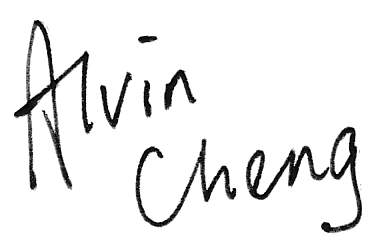To not worry is not to stop thinking
“Don’t think too much” is the usual response to others when they are worrying about something. It makes sense when our emotions are driven by what we think. Stop thinking negatively looks easy but not.
The root cause of worrying is the lack of understanding that we don’t acknowledge. Thus the only way to relieve my worries, is to know more through looking for the questions and their answers.
The main issue is that we regard ourselves as knowing everything especially under the age of the internet when knowledge is easy to get from social media. We therefore aren’t aware of something we still don’t know. This is called unknown unknowns.
Worries are reminders of better understanding through observations, experiences (feeling) and asking questions like “how does it work?”, “why is it so?”… Although you may never have all the answers, you will have a clearer picture which can relieve your negative emotions a bit.
You may meet someone who doesn’t worry about something given any struggling or challenging situations. Don’t forget people can hide their emotions, or do not think of disclosing any feelings. Some people have no such feelings due to worrying probably because they are able to successfully numb their emotions, or they are narcissistic. Very rare people can be worry-free after years of learning the lessons from different stages of life. Even when you are willing to learn when you are so young, it’s normal to feel anxious, but that emotional state can be made much shorter.
So don’t feel miserable as a door is open for you to make you gradually stronger and better. Stay curious.

